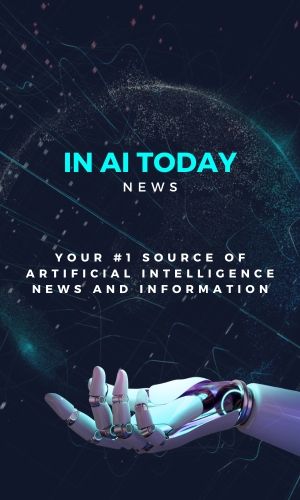
Capability.Co acquires the Institute of Working Futures
Capability Co, a leading provider of capability assessment and development solutions to organisations including Telstra, ANZ Bank, Victorian State Government, and Stockland, has today announced its acquisition of The Institute for Working Futures (Working Futures™), a global leader with over 30 years of research focussed on understanding the mindsets and enduring human traits required for future work.
Focussing on designing human-centric approaches for unlocking human potential and meeting the challenges of the future workforce and education sector, Capability.Co’s strategic acquisition of Working Futures™ comes at a time when rapidly increasing change due to automation, AI, and remote work is transforming the way we live, learn and work.
The acquisition includes access to all Working Futures™ IP, historic research and clients, previous and future editions of the Human Capability Standards Reference Framework, and the appointment of Dr Marcus Bowles to the Capability.Co advisory committee to continue work on research into emerging work, enduring human capabilities, lifelong learning, and micro-credentialling models.
Representing the first newly productised output under the acquisition, from 2023, previous and new editions of The Human Capability Standards (HCS) — research, compiled and published annually — will be exclusively available from Capability.Co, fully integrated with its AI-driven tools to significantly enhance the accessibility and reach of the data, insights, and tools contained within.
Major brands in telecoms, banking, government, professional associations, higher education, and property development including Telstra, ANZ Bank, the Victorian State Government, and Stockland have already utilised Capability.Co’s tools as part of award-winning programs to uplift critical capabilities across their organisations and develop their people in the enduring, non-technical human traits now recognised as critical for success. The acquisition of the Working Futures™ and integration of the HCS framework will enhance support available to current and future Capability.Co clients with their people, culture, and talent programs.
Mark Britt, Chairman and Co-Founder of Capability.Co, said of the acquisition, “We are thrilled to acquire The Institute for Working Futures, an organisation whose values and goals are in perfect alignment with our own.
“Their expertise in the development of the Human Capability Standards and Human Capability Reference Framework, integrated and enhanced by Capability.Co’s AI-driven tools to deliver greater accessibility and ease of use, will further enable us to empower individuals and organisations to thrive in a rapidly changing world.”
Dr. Marcus Bowles, Founder and Chairman of The Institute for Working Futures and a foundational partner of Capability.Co, said, “Since 2012 we’ve been using AI and NLP to conduct research on global trends in the design of work and to isolate the abilities inside each human that indicate future careers where they can flourish. We can supercharge our effort through access to Capability.Co’s technology, business acumen, and a shared social commitment to democratise access to education and future-proof careers.
“Our ongoing work in academic standards and research, coupled with Capability.Co’s investment in AI-driven tools and ability to open doors with new customers around the world, will amplify existing work and ensure we remain at the forefront of unlocking human potential and raising the adaptive capacity of organisations seeking to secure future success.”
Building on the acquisition, Capability.Co will continue to invest in research and development, refining existing frameworks and work with Working Futures™ clients to pioneer new tools and resources that help individuals and organisations to harness their full potential.
Britt added, “By leveraging the collective knowledge and experience of both organisations, Capability.Co is well-positioned to drive innovation and contribute to the future of human capability development.”

